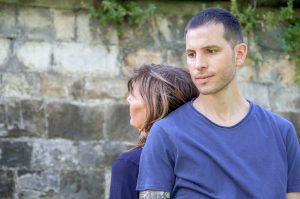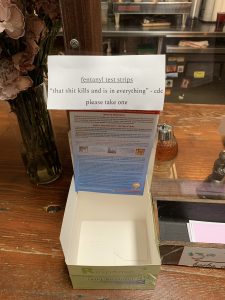 This week, I watched Gabor Maté’s movie, THE WISDOM OF TRAUMA. I also listened to one of the many conversations he had with experts, one of which included five physicians, who discussed how stress negatively affects our health. They cited a plethora of clinical studies that reported how unchecked or unresolved stress suppresses the immune system and can be the breeding ground for chronic disease. Their warning was, “If you don’t know how to say no, your body will eventually say no for you.”
This week, I watched Gabor Maté’s movie, THE WISDOM OF TRAUMA. I also listened to one of the many conversations he had with experts, one of which included five physicians, who discussed how stress negatively affects our health. They cited a plethora of clinical studies that reported how unchecked or unresolved stress suppresses the immune system and can be the breeding ground for chronic disease. Their warning was, “If you don’t know how to say no, your body will eventually say no for you.”
My reflection: As I listened to The Wisdom of Trauma, I thought about how I had allowed many of my years to be consumed with stress, worry, and fear. I was diagnosed with hypothyroidism, an autoimmune disease, and breast cancer. I wonder what role unresolved stress had to do with my illnesses?
Today’s Promise to consider: If we don’t take care of ourselves, how will we be able to care for anyone else? I remember well the many years of my son’s suffering. Did I take care of myself? No. Many nights found me awake and writing in my journal about my fears. When I was diagnosed with breast cancer, my uppermost thought was not about my healing, but who would help my addicted son while I recovered. Today, let’s take time and think about what this sentence means for us: If you don’t know how to say no, your body will eventually say no for you.










12 Comments.
View Comments | Leave a Comment